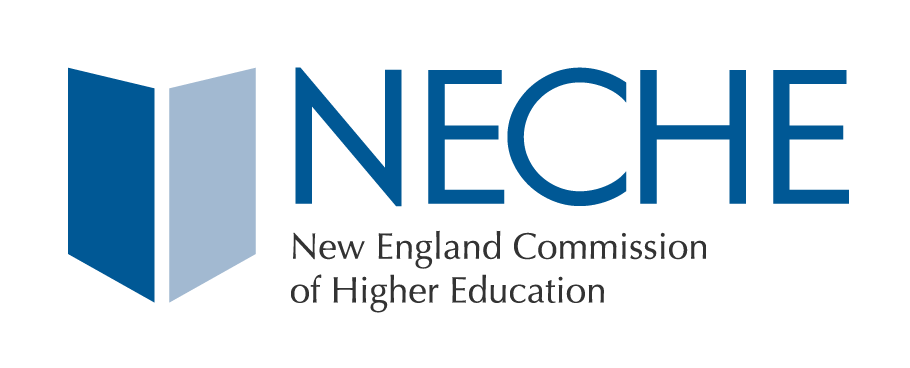Substantive Change: Prison Education Program
The establishment of a prison education program or the transition to a Pell-Eligible Prison Education Program (PEP) is a substantive change and must be reviewed by the Commission prior to implementation.
Institutions currently participating in the Revised Second Chance Pell Experimental Sites Initiative (ESI) or those planning to apply for Pell-Eligible Prison Education Program status should first review the relevant Federal expectations and requirements before submitting a substantive change proposal to NECHE.
When submitting a substantive change proposal to offer a PEP—whether for a new program or to transition an existing ESI program—institutions must include, in addition to the information included in all substantive change proposals, an MOU, with the oversight entity of the correctional facility, which approves the proposal to offer a PEP. Please consult the Guidelines for the Review of Prison Education Programs for further details. Additional information about what should be included in the MOU is available on our FAQ page. For details on submitting a NECHE substantive change proposal and deadlines, click here.
Following Department of Education approval of a proposed PEP program, NECHE will conduct a site visit within six months of program implementation, in accordance with its Procedures for the Substantive Change Evaluation Visit.
Institutions planning to offer prison education programs funded through private grants—without Pell Grant funding—are still required to submit a substantive change proposal, including the MOU with the oversight entity, per the Guidelines for the Review of Prison Education Programs.
For questions regarding current or proposed prison education programs, please contact Aaron Perkus (aperkus@neche.org/781-541-0221). We also highly recommend that institutions seek a review of their draft proposal by NECHE staff.
FAQs
What are the different types of prison education programs?
NECHE classifies prison education programs into three categories:
- Privately Funded Programs: These programs do not use Pell Grants and are financed through institutional funds, grants, or donations.
- Revised Second Chance Pell Experimental Sites Initiatives (ESI): These programs currently use Pell Grants. As the federal government phases out this initiative, institutions must transition to Pell-Eligible Prison Education Programs (PEPs) within the specified timeframe set by the Department of Education.
- Pell-Eligible Prison Education Programs (PEPs): These programs have met the three federal milestone requirements: an MOU with the oversight entity, NECHE approval, and Department of Education approval.
Are there resources available for institutions interested in offering prison education programs?
Yes, institutions should review NECHE policies and guidelines on prison education programs, as well as federal guidelines and resources from the Vera Institute of Justice.
What should be included in the MOU between the institution and the oversight entity for the correctional facility?
The MOU should detail:
- The specific Pell-Eligible academic programs to be offered
- Student recruitment and admission processes
- Enrollment goals and program capacity
- Facilities available for students, faculty, and staff
- Methodology used in the program
- Responsibilities of each partner to ensure the program’s success
If an institution has already been approved by NECHE for a prison education program, what additional steps are required to become a Pell-Eligible Prison Education Program (PEP)?
Even with prior NECHE approval, institutions must complete three steps to become a PEP:
- Obtain an MOU with the oversight entity for PEP approval.
- Receive NECHE approval through a substantive change proposal that includes the MOU with the oversight entity.
- Obtain approval from the Department of Education.
This process applies to both new PEPs and those transitioning from the Revised Second Chance Pell Experimental Sites Initiative.
Does an institution need to submit a full substantive change proposal if they have recently received approval for their existing prison education program?
Yes, institutions must submit a substantive change proposal to NECHE for PEP approval, even if the program has been previously approved. If there are no changes to the program except for transitioning to a PEP, clearly state this on the cover memo and include relevant documents such as the program history, context for the request, the MOU, and the program budget. For assistance, contact Aaron Perkus at aperkus@neche.org or 781-541-0221.
Does an institution need to seek NECHE approval for every PEP program it plans to offer?
According to NECHE guidelines, the Commission will evaluate at least the first prison education program at each of the first two additional locations and review the first additional program offered using a new delivery method.
Who is the best person to contact if I have questions about a Prison Education Program?
Please contact Aaron Perkus (aperkus@neche.org/781-541-0221).

